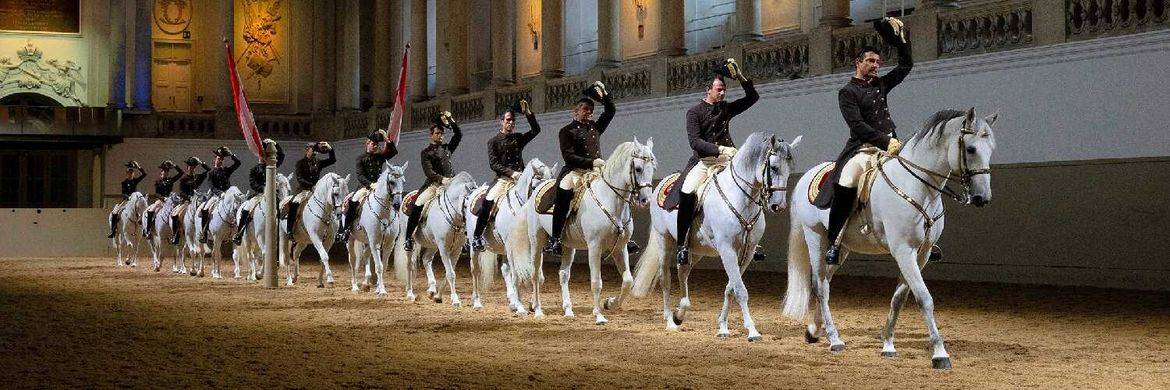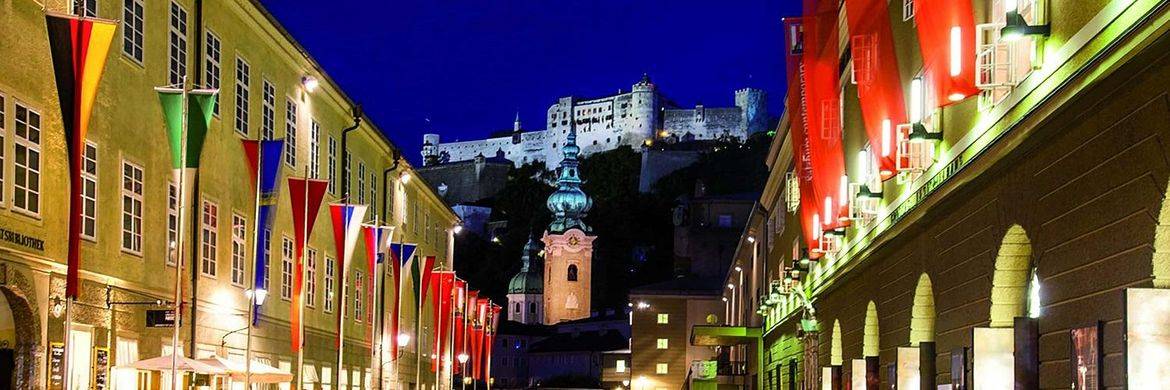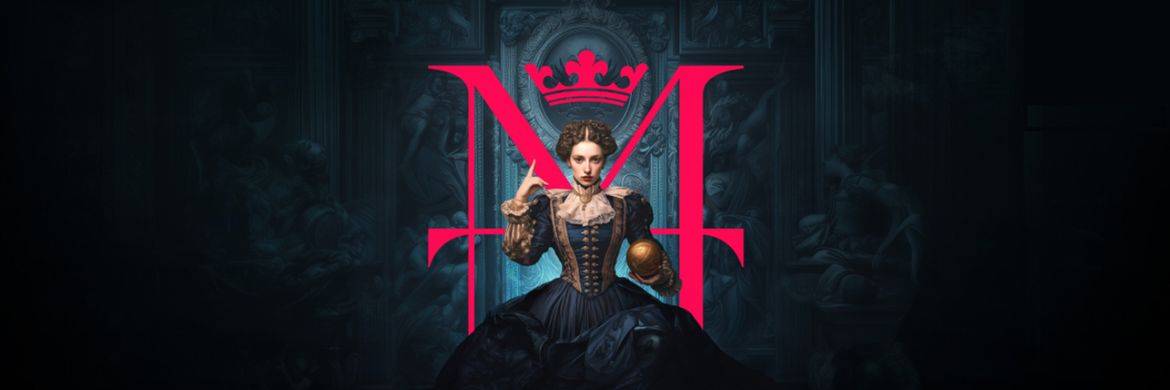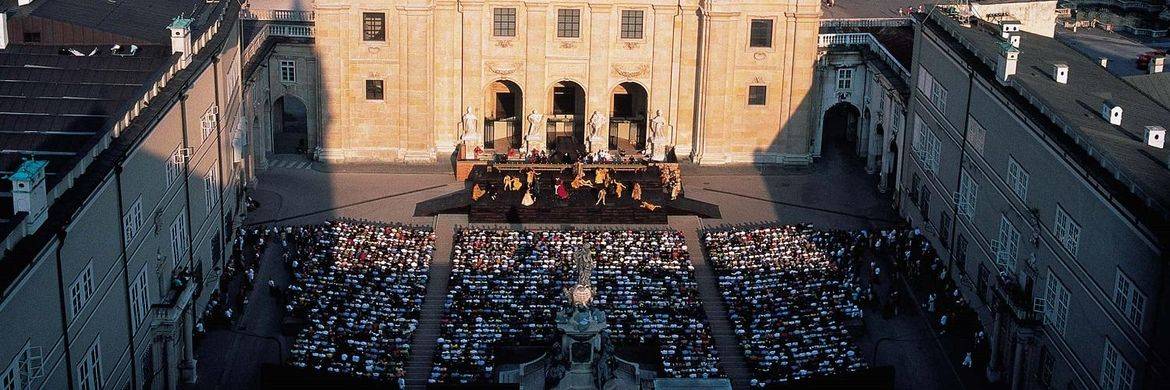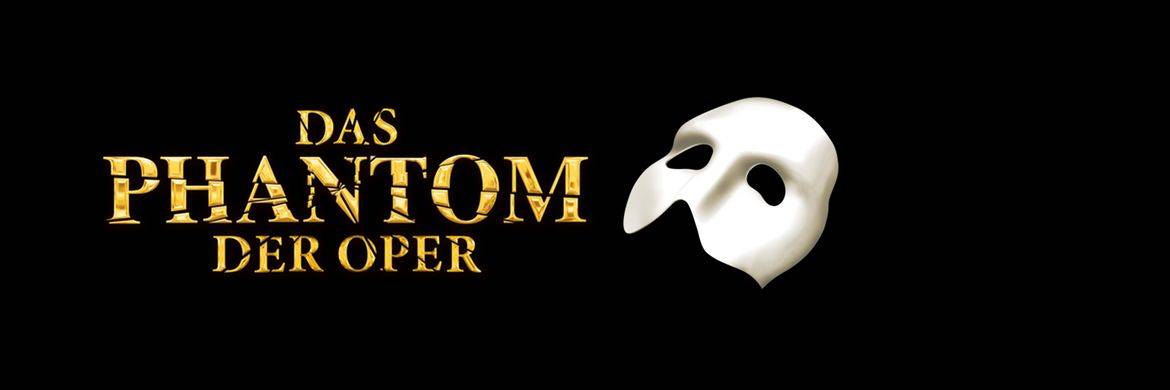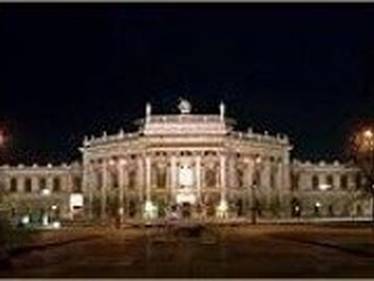Burgtheater - Schedule, Program & Tickets
Burgtheater
As Austria's national theater, the Burgtheater is the country's most important stage for drama and the largest spoken theater in Europe, combining tradition, diversity and progress. In recent years, the directors David Bösch, Jan Bosse, Andrea Breth, Barbara Frey, Dieter Giesing, Alvis Hermanis, Stephan Kimmig, Antú Romero Nunes, René Pollesch, Roland Schimmelpfennig and Michael Thalheimer have worked continuously at the theater. The ensemble comprises more than 80 renowned, permanently engaged actors and guests.

